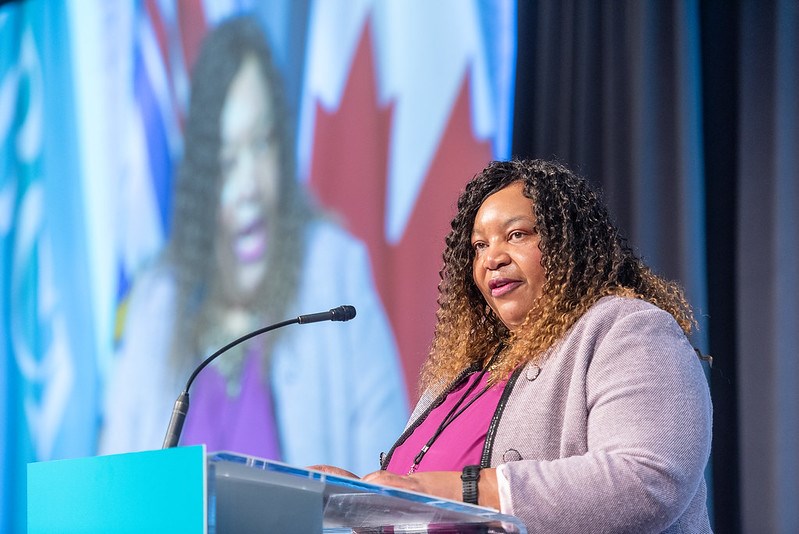With a provincial general election set for Oct. 19, the umbrella group for B.C.’s municipalities has highlighted issues it believes are high priority for the next government.
The Union of B.C. Municipalities (UBCM), currently holding its annual general meeting in Vancouver, said gaps in provincial services, increasing regulatory requirements and emergency management costs are stretching local budgets.
As such, the UBCM has called on all provincial parties vying to form the next government to consider the growing financial pressures on local governments.
The call to action is set out in the report Stretched to the Limit.
'Trifecta of cost pressures'
The document highlights the cost pressures local governments face due to gaps in provincial services, new housing mandates and new responsibilities for emergency management during B.C.’s intensifying flood and fire seasons.
“Local governments are dealing with a trifecta of cost pressures that are overwhelming the capacity of the property tax,” said UBCM president Trish Mandewo, a Coquitlam city councillor.
Added Mandewo: “Gaps in provincial services to address homelessness have created significant costs for local government. New mandates to increase housing supply require more infrastructure investment to support growth. And recent legislation is requiring more of our resources to manage emergencies during extreme weather events.”
Impacts related to these three cost areas include:
• Kelowna spending $20 million over a four-year period to support homeless individuals and address gaps in provincial service delivery.
• Burnaby upgrading its underground services at an estimated cost of $1 million for every 100 metres of development to support small-scale, multi-housing units in single-family neighbourhoods.
• The Regional District of East Kootenay spending almost $1 million in 2020 on staffing costs and materials responding to floods and fires within its boundaries.
Carbon tax
UBCM is calling for the next provincial government to respond to these issues by increasing provincial transfers to local governments across the province as follows:
• providing $650 million in additional infrastructure funding annually.
• transferring an annual percentage from the Provincial Property Transfer Tax to support local efforts in subsidizing affordable housing supply and homelessness responses.
• transferring an annual percentage of the growth in the provincial carbon tax to support local climate action projects and emergency management planning and responses.
UBCM expects to be meeting with leadership from the three main parties to discuss these priorities and will monitor campaigns for commitments that respond to the cost pressures outlined in its priorities.
The convention runs until Friday.



